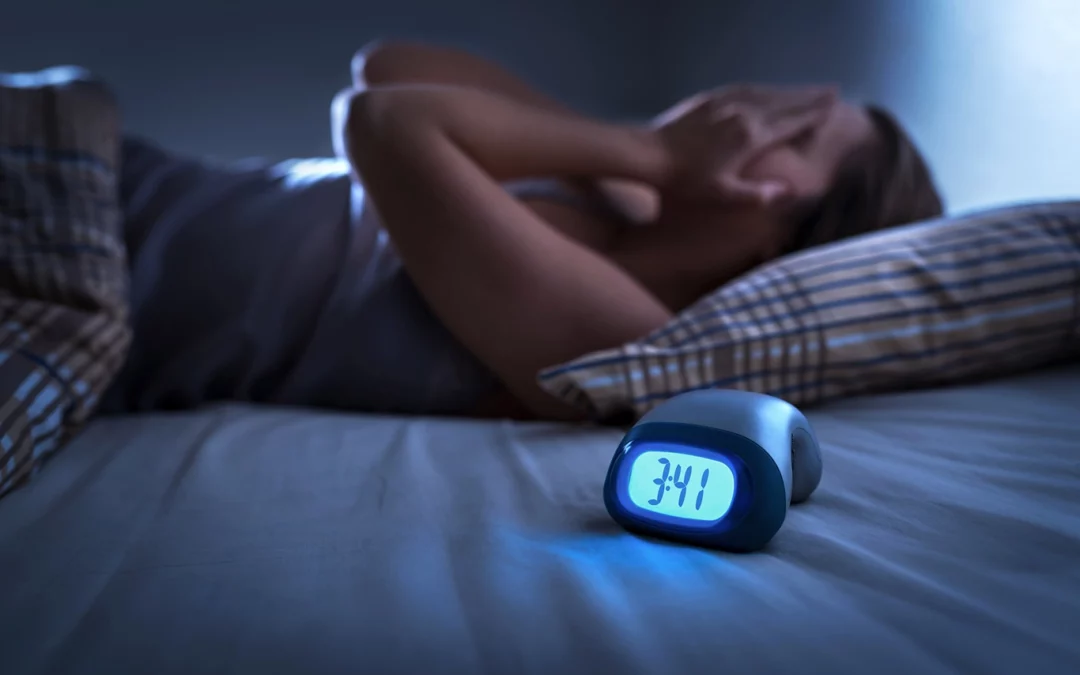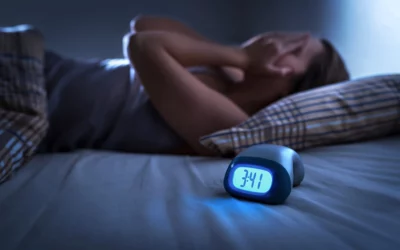
Sleepless in Springtime?
Sleepless in Springtime?
Sleepless in Springtime?
Why does spring bring sleep deprivation, restlessness, and spinning thoughts?Sleepless in Springtime?
Every winter I preach to my clients that while we might not be bears, we are creatures that go into semi-hibernation mode. Our energy drops, we crave carbs, we are ready for bed when the sun goes down at the dreaded five o’clock, and we tend to run depressed-ish. While some suffer from the clinical condition S.A.D. or Seasonal Affective Disorder, in which the decreased daylight causes a wintertime depression, the hibernation I am referring to is different. We are still able to function, but some of us do not have quite the same focus, energy, or bandwidth for life. The kicker? We are busiest in the winter. As children and young adults, our academics are the hardest. As adults, there are less opportunities for dreamy vacations and we have to stay on point with our jobs and our families.
If you’re like me, long about Thanksgiving, you begin counting down the days for when the time will change back; for when the birds will sing; for when that glow on the horizon is a little brighter. Then February hits and we think, “Yes! See ya later, January! The shortest month is finally here and warm, easy days are just around the corner.” So when March arrives and we are nipping at the heels of the coveted longer days, why are we still so darned sleep deprived, agitated, and restless?
The Answer:
The answer is again the winter hibernation and… our culture. In Norway, scientists studied why even though they have some of the darkest and coldest of the winter days, their reported rates of depression are relatively low. The answer was in their approach to winter. Norwegians embrace the slower, shorter days with a concept called koselig. They take time off to gather with others under warm cozy blankets and soft candlelight. Most homes have open fires indoors. They make the best of winter sports and they utilize the expression, “There is no bad weather, just bad clothes.” You might be thinking, “Well, I do that. I rush to the mountains on my days off to go skiing.” But in Scandinavia, it’s not just a weekend sport, it’s a way of life. Dealing with winter is easier, therefore the transition into spring is not as disruptive, either. Their brains are better set up to ease back into increased energy levels.
In the United States:
In the United States, given our culture’s tendency to drive and push, we spend our winters exhausted, so by the time the spring thaw arrives, we are frenzied. The light starts to slowly change, the days get longer, yet it’s not quite warm yet. Our brains are starting to wake up, but we do not yet possess enough of the feel-good chemicals of dopamine, serotonin, and norepinephrine to support increased energy or more efficient daily functioning. The result? We are wide awake throughout the night, our minds are spinning, and we are still… exhausted.
I work with many clients who struggle with Bipolar I or Bipolar II disorders. February is when they start to feel the depressive episodes give way to hypomania or mania. This is where the term “spring fever” originated. As with all psychological processes, most of us tend to fall somewhere on the spectrum of increased energy. If you have a concern that you may be experiencing clinical mania, please check with a therapist. However, if you’re feeling extra agitated, irritated, or restless, then your brain is likely experiencing the normal spring thaw.
Here are some tips :
Here are some tips on how to handle this not-so-fun in between state while waiting for the calmer days of summer:
• Insight—Let the power of knowing what’s happening to your brain be comforting.
• Exercise— Move your body in order to discourage the hibernation mode.
• Daylight—Get outside to encourage your brain to sync up to the rhythms of Mother Nature.
• Sleep Hygiene—Work with your therapist to improve your bedtime routine.
• DBT—Dialectical Behavioral Therapy techniques improve your ability to tolerate distress
• Dream—Plan your spring break or summer getaway. It gives that restless mind a job to do!
• Share—By vocalizing how you’re feeling, it reduces feelings of isolation and worry
In conclusion:
In conclusion, we all have biorhythms. We can try to override them, but they still exist. They are harder to identify and synch up with given the flooding of chemicals, electronic devices, and cultural demands. By spending time reflecting on your yearly patterns and where your mental springtime routine could use some cleaning, you can align with the natural tendencies of your brain in your current stage of life, optimizing your outlook, state-of-mind, and energy level, while hopefully having more restful nights!




